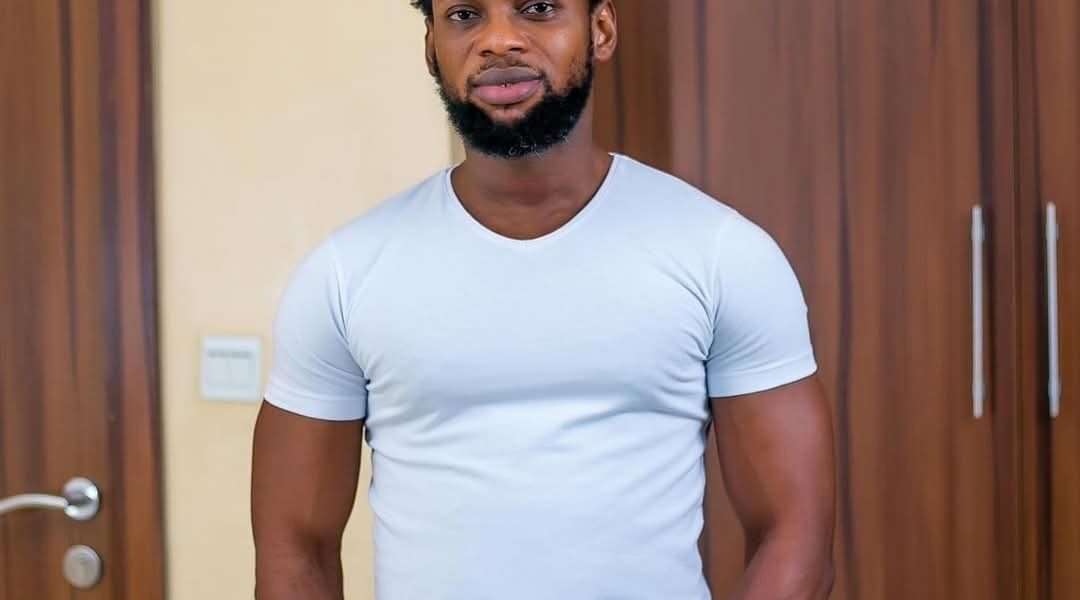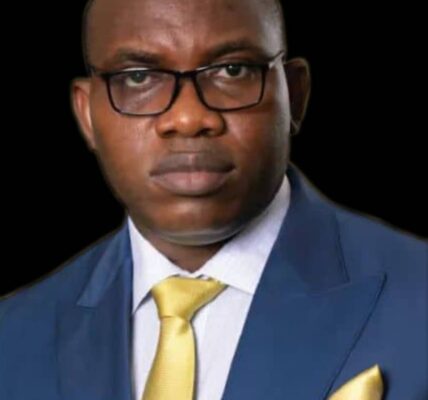You Can’t Do Journalism Today And Live Normal Life – Fisayo Shoyombo
Investigative journalist and founder of the Foundation for Investigative Journalism (FIJ), Fisayo Shoyombo, has expressed worry over the increasing fear among young people about the journalism profession.
He cited a climate fuelled by intimidation, legal harassment, and a government that treats the press with suspicion.

Speaking during the Channels Television’s The Morning Brief on Tuesday, the investigative journalist said this culture of fear was discouraging new entrants into the profession.
“There’s a lot of scaremongering, and that’s the part that is the most worrisome to me,” Shoyombo said.
“We now have people saying to young people, graduates, ‘You want to become a journalist? You want the government to keep going after you? You want to end up in prison, in a police cell?”’
Shoyombo also criticised the Nigerian government’s adversarial stance towards the press, warning that such behavior mirrors the repression seen during military regimes.
“In a country where the country considers journalists cyber criminals, there’s no other way to put it. Between 1986 and 2003 when Bola Tinubu became the President, 1,034 Nigerian journalists were detained.
“By the end of the first year of Tinubu’s reign, 28 journalists had been detained; that figure is equal to the annual average of the last 38 years.
“More than half of that happened under the military regime which tells you that in a democracy, press freedom is just as bad or even worse than what it was in the military regime,” he added.
Shoyombo also stated that journalism in Nigeria now requires far more than writing skills.
“You need that skill to keep watching over your shoulder. Every day, you keep taking security training, digital security, and physical security training, keep protecting yourself, keeping your address confidential, and knowing the circle you keep.
“It’s unfortunate but you can’t do journalism today and live a normal life”.
Shoyombo pointed to systemic patterns of harassment, including misinterpretation of laws to criminalise journalism.
He argued that the issue with the Cybercrime Act lies not in its recent amendments, but in its weaponisation through interpretation.
He explained, “The police working in cahoots mostly with corrupt politicians will always find a way to interpret what has been published as a cybercrime.
“You know it is just semantics. You amend it, you use different sets of words, they come back and it’s still that you published something injurious to another person.
“But the law is clear: when that happens, you go to court. Even without going to court, cybercrime law exists just to hound journalists.”
Speaking on a widening disconnect between journalists and the political class, Shoyombo said “When government officials consider journalists anti-government, then it means that there’s a disparity in the wants of the two groups.
“Meaning the people in government don’t necessarily want a better society. They just want to fill their pockets, they want to push their personal agenda and they want to advance their political careers.
“If both parties want a better society, then they should be able to work together.”
Despite this, he emphasised that the press remains committed to the democratic process. “We are friends with the government. The government isn’t friends with us,” he noted. “It’s not a two-way relationship. It’s how they see us.”
As a measure of protection, he called on all media platforms, particularly digital outlets to “prioritise having permanent legal advice”.
“For stories that you think will cause more than usual national interest, a lawyer has to have a look. And then when it gets published and you get sued, there has to be a lawyer to say, ‘Yes, we’ll do it,’” he advised.
“People don’t talk about the threat of SLAPP—Strategic Lawsuits Against Public Participation— the fact that in newsrooms, lots of editors are scared (of being sued). If your story is true, you should be able to defend yourself”
While speaking on the recent arrest of a popular social media influencer and activist, Martins Vincent Otse, also known as VeryDarkMan (VDM), by the Economic and Financial Crimes Commission (EFCC), the investigative journalist said no one, regardless of “what we classify them,” should be adopted by state agents.
“I won’t call VDM’s case citizen journalism, I’ll call it activism, not to take anything away from him and of course, no one, regardless of what we classify them, should be adopted by state agents,” he said.
“If you make an arrest and a court is within a 100km radius of the police cell, the person has to be arraigned within 24 hours and if the closest court is more than 100km away, then it has to be done within 48 hours, clear breach of the law,” Shoyombo said.
“The intention is to intimidate him, to silence him, to punish him.”
“I don’t feel punished when you detain me. I don’t like the fact that someone thinks that they can stop you on the part of truth just by punishing you, just by detaining you. It doesn’t work that way,” he added.






